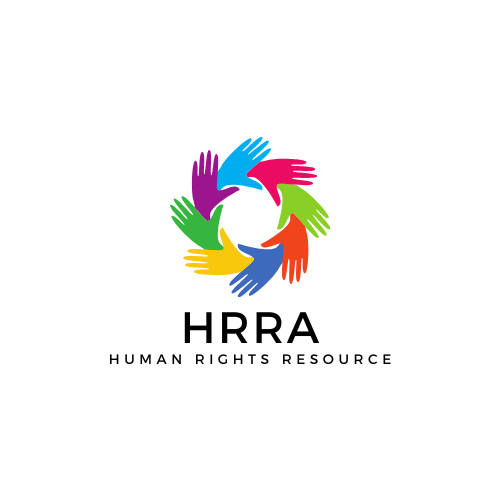
Human Rights and Law
Human Rights are defined internationally by 8 key documents. These are the “original” 1948 UN Universal Declaration of Human Rights which as a declaration holds no force in International Law and the 7 covenants to which some or all UN member states have committed. These are more limited than the Declaration but do have force of law where agreed.
Human Rights and Australian Law
The Australian Charities Act defines ‘human rights’ as having the same meaning given by the Human Rights Parliamentary Scrutiny Act 2011 (Cth). which is the rights and freedoms recognised or declared in the seven international conventions and covenants named in this Act, as they apply to Australia.
The conventions and covenants are:
International Convention on the Elimination of all Forms of Racial Discrimination International Covenant on Economic, Social and Cultural Rights or ICESC
International Covenant on Civil and Political Rights or ICCP
Convention on the Elimination of All Forms of Discrimination Against Women Convention Against Torture and Other Cruel, Inhuman or Degrading Treatment or Punishment
Convention on the Rights of the Child
Convention on the Rights of Persons with Disabilities.
As you can see from the chart below, each of these correlate to the original Universal Declaration of Human Rights or UDHR.
– Free and Equal in dignity and rights
UDHR Article 3, ICCP, Article 3 ICESC
2 – No Discrimination
UDHR Article 2/20/27, ICCP
3- Life, liberty and security of person.
UDHR Article 6/9, ICCP
4 – No one shall he held in slavery or servitude;
Article 8, ICCP
5 – No one shall he subjected to torture or to torture
UDHR Article 7, ICCP
6 – Everyone has the right to recognition everywbere as a person by law
UDHR Article 16, ICCP
7 – All are equal before the law
UDHR Article 14/26, ICCP
8 – Everyone has the right to an effective remedy to breaches of HR
UDHR Article 2, ICCP, Article 4 ICESC
9 – No one shall be subjected to arbitrary arrest,
UDHR Article 9, ICCP
10 – Everyone is entitled in full equality to a fair and public hearing
UDHR Article 9, ICCP
11 – Innocent until proved guilty
UDHR Article 14, ICCP
12 – privacy, family, home
UDHR Article 17, ICCP
13 – freedom of movenent
UDHR Article 12, ICCP
14 – asylum
UDHR Article 13, ICCP
15 – Everyone has the right to a nationality
UDHR Article 1/24, ICCP
16 – right to marry and to found a family
UDHR Article 23, ICCP, Article 10 ICESC
17 – right to own property
UDHR Article 1, ICCP
18 – freedom of thought, conscience and religion
UDHR Article 18, ICCP
19 – freedom of opinion, and expression
UDHR Article 19, ICCP
20 – peaceful assembly
UDHR Article 21/22, ICCP
21 – Take part in government
UDHR Article 25, ICCP
22 – economic, social and cutural rights
UDHR Article 1, ICCP
23 – right to work/fair pay
UDHR Article 6/7, ICESC
24 – Right to leisure
UDHR Article 7, ICESC
25 – Social security, including food, clothing, housing and medical care
UDHR Article 9/11, ICESC
26 – right to education
UDHR Article 13/14, ICESC
27 – cultural life
UDHR Article 15, ICESC
28 – social and international order
UDHR Article 2, ICESC
29 – duties to the community
UDHR Article 25, ICCP
30 – destruction of any of the rights and freedoms
UDHR Article 5, ICESC
